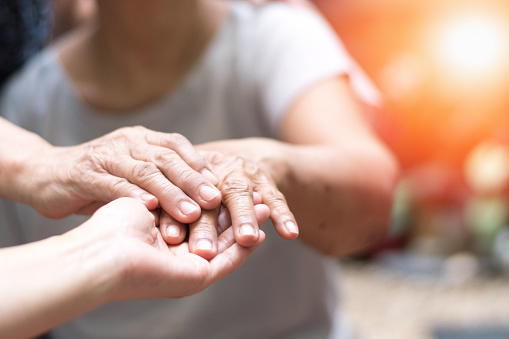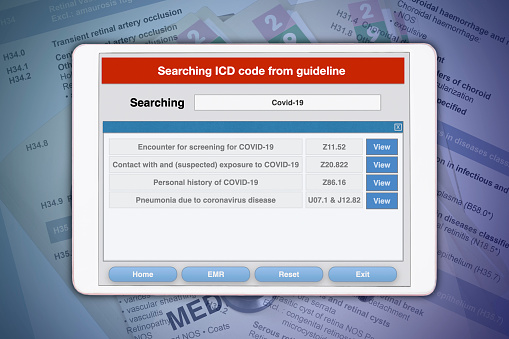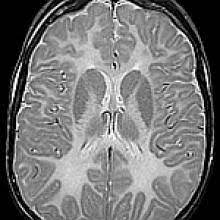Parkinson’s Disease Self-Care Tips
Parkinson’s disease is a progressive neurological disease that requires care from a caregiver. Its symptoms include loss of muscle control and strength. Those diagnosed with the disease often face changes in daily life and need to learn how to take care of themselves. It’s also important to find support in the community and learn how to identify resources that can help them.
How do you self treat Parkinson’s disease?
Parkinson’s disease can be hard to live with, but the best way to help your condition is to remain active. Low-intensity exercises like walking, swimming and yoga are great ways to keep your body active. You should also talk to your medical team about physiotherapy, which can help you stay in better physical condition. In addition, it is important to maintain a healthy diet. You should aim to keep your weight stable, as losing weight can make you feel weak and have difficulty eating.
Despite the fact that Parkinson’s disease has no cure, you can manage its symptoms by taking medications prescribed by your healthcare provider. These medications can help you move better and avoid falling or other problems related to the disease. You can also see a therapist if you find your symptoms difficult to control or are prone to side effects.
The symptoms of Parkinson’s disease vary from person to person. Some people can have the disease at an early age, while others may not develop the condition for years. Symptoms include slow movements, sleep problems, and trouble swallowing and chewing. Some people may also experience depression or anxiety.
Can people with Parkinsons care for themselves?
Parkinson’s disease affects the ability to walk, talk, and perform everyday tasks. While there is no cure for the disease, medications and treatments can make people with Parkinson’s disease live a more comfortable life. Many people choose to stay at home, but their condition may require them to move into a retirement community, nursing home, or assisted living facility.
The first step in taking care of someone with Parkinson’s disease is to make sure they are as comfortable as possible. Make sure they have the proper hygiene products. For example, liquid body wash may be better than bar soap. Also, make sure tissues and toilet paper are always within reach.
Another way to help a loved one with Parkinson’s disease is to educate yourself about how the disease affects the patient. You need to understand that the disease will affect a loved one’s life, so you need to make sure to pay attention to their emotions and behaviors.
What lifestyle changes help Parkinson’s?
While medications are the most common treatment for Parkinson’s disease, dietary changes and lifestyle modifications can help patients cope with the disease and improve their quality of life. Other complementary therapies include physical, occupational, and speech therapy. For more information, please visit Parkinson’s.org. Listed below are some lifestyle changes that patients can make.
Ensure you get adequate vitamin D. The body uses vitamin D for the absorption of calcium and phosphorous. Lack of vitamin D can lead to a number of negative effects, especially as we age. Some studies have shown that up to 70% of early-onset Parkinson’s patients have low vitamin D levels.
Eating a healthy diet is essential for overall health. A balanced diet provides the body with the essential nutrients it needs to maintain a normal body weight. It also decreases the risk of certain health problems, including diabetes and high blood pressure. Drinking water and eating plenty of fruits and vegetables can also help. Be sure to limit your alcohol intake, though, and always consult with your doctor to determine which foods interact with your medication.
What should Parkinson’s patients avoid?
People with Parkinson’s disease should focus on eating a healthy diet and staying away from fad diets. Ensure you consume plenty of fiber and antioxidant-rich foods and limit processed foods. Also, avoid food sources high in saturated fat and cholesterol. A high-fat diet can aggravate symptoms and speed the progression of the disease.
Avoid distracting environments. Loud noises, bright patterns, and other distractions can make a person disoriented and lead to a fall. Also, make sure that the environment stays the same as much as possible. Keep the same colors and decorations in the home to minimize the risk of falling due to disorientation. In addition, avoid confusing your partner or caregiver with your presence. When speaking to them, use simple sentences and avoid interrupting when they take a few seconds to finish.
Parkinson’s disease symptoms can affect the patient’s ability to do everyday activities. Many times, a person with this disease needs assistance with their personal hygiene tasks. People with this disease may also experience a range of emotional reactions, so it’s important to be patient with them. They may even need emotional support from a friend or family member.
What do people with Parkinson’s need?
People with Parkinson’s disease may need help with everyday tasks such as shopping, cooking, cleaning and driving. Sometimes they may be embarrassed to ask for help. Helping them complete these tasks will help them maintain their independence. Find a support group in your area or online and ask for advice.
Self-care can include learning how to deal with stress, which is particularly important for caregivers. Hallucinations, for example, can be especially threatening and must be avoided at all costs. Hallucinations may be caused by a variety of reasons, including medications and multiple drugs taken simultaneously. If you notice your loved one having hallucinations, the first step is to talk to his or her neurologist. The doctor can run a full medical check-up to determine if a underlying infection is the cause of hallucinations. If you identify the cause of the hallucinations, treating the infection may reduce the symptoms.
Self-management programmes for people with Parkinson’s should focus on medication management, physical exercise, social engagement and psychological strategies. Programmes should be tailored to the stages of the disease and to the individual’s needs.
Do Parkinson’s patients get mean?
Many people with Parkinson’s disease can still live a normal life, even though the symptoms of this disease make everyday activities difficult. These symptoms include loss of balance and slow movement. Some sufferers even undergo brain surgery to get rid of their tremors. Parkinson’s patients are often unable to do simple tasks like standing up or walking.
The most important thing to remember is to take time to take care of yourself. Caring for a loved one is a very demanding job, but you still need some time for yourself. Try to get some rest every once in a while. Remember that you’re not the only person with Parkinson’s, so it’s okay to take some time out from time to time. Try to find a Parkinson’s support group in your area, or look for a group through your local hospital.
The symptoms of Parkinson’s disease usually start out mild and progress slowly. However, the symptoms can be unpredictable, since everyone experiences different symptoms. Many people with the disease will have symptoms for years before being diagnosed. The best way to predict the severity and progression of the disease is to take a closer look at the symptoms. Patients with the disease often feel weak, and often describe feeling like they are made of concrete or lead. This weakness can be experienced throughout the body, from the hands and feet to the legs and arms.



